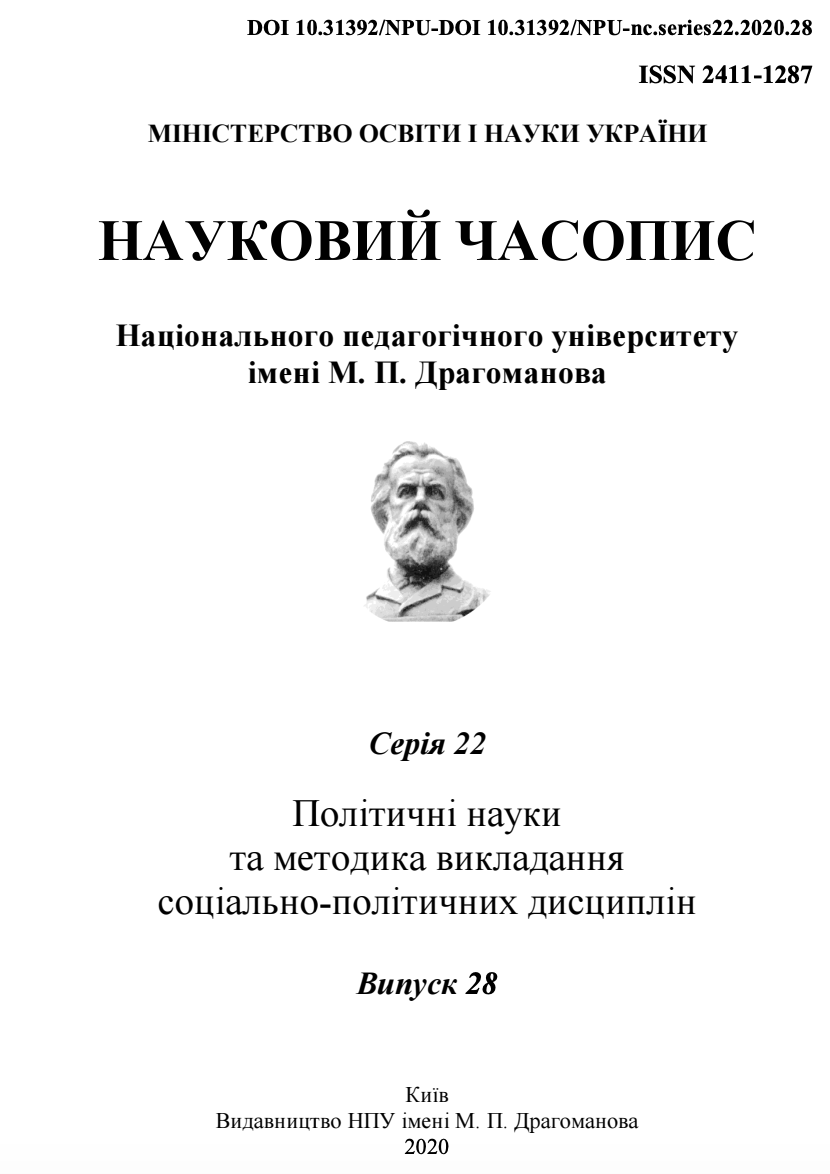European Policy on Recognition of Professional Qualifications: Lessons for Ukraine
Keywords:
professional qualification, recognition of qualifications, framework of qualifications, professional standards, professional associations, National Agency for QualificationsAbstract
The issue of professional qualifications and their recognition is of particular importance in the context of European integration, which ensures the freedom of movement of workers within the European Union. This paper aims to review European approaches to the recognition of professional qualifications, to analyze the legal regulation of such recognition in Germany, and to discuss the challenges of legal regulation of this issue in Ukraine. It is established that the issue of recognition of professional qualifications has been reflected in numerous conventions, directives and other acts of the European Union - Convention on the Recognition of Qualifications in Higher Education in the European Region (1997), the Directive on the Recognition of Professional Qualifications (2005), the Directive amending Directive 2005/36/EC on the recognition of professional qualifications (2013), the Council Recommendations on the validation of non-formal and informal learning (2012), the Council Recommendation on the European Qualifications Framework for lifelong learning and repealing the recommendation of the European Parliament and of the Council of 23 April 2008 on the establishment of the European Qualifications Framework for lifelong learning (2017).
The European, in particular German, experience confirms that the policy on recognition of professional qualifications requires the use of different policy instruments: legislative regulation of professional qualifications, the formation of an extensive institutional framework that can ensure the involvement of professional associations in the processes of standardization and assessment of qualifications, careful study of labor market needs promising qualifications and more.
In Ukraine, the Law on Education was adopted and the National Agency for Qualifications, a body authorized to implement policy in the field of qualifications, was established. The first steps of his activity revealed that the country lacks a harmonized legal framework for professional qualifications and regulated professions, professional standards, the National Qualifications Framework, the activities of qualification centers and professional associations. Institutional mechanisms should be put in place to ensure that policies on qualifications are updated and harmonized, in particular with regard to the recognition of professional qualifications obtained in other countries or through non-formal learning.

